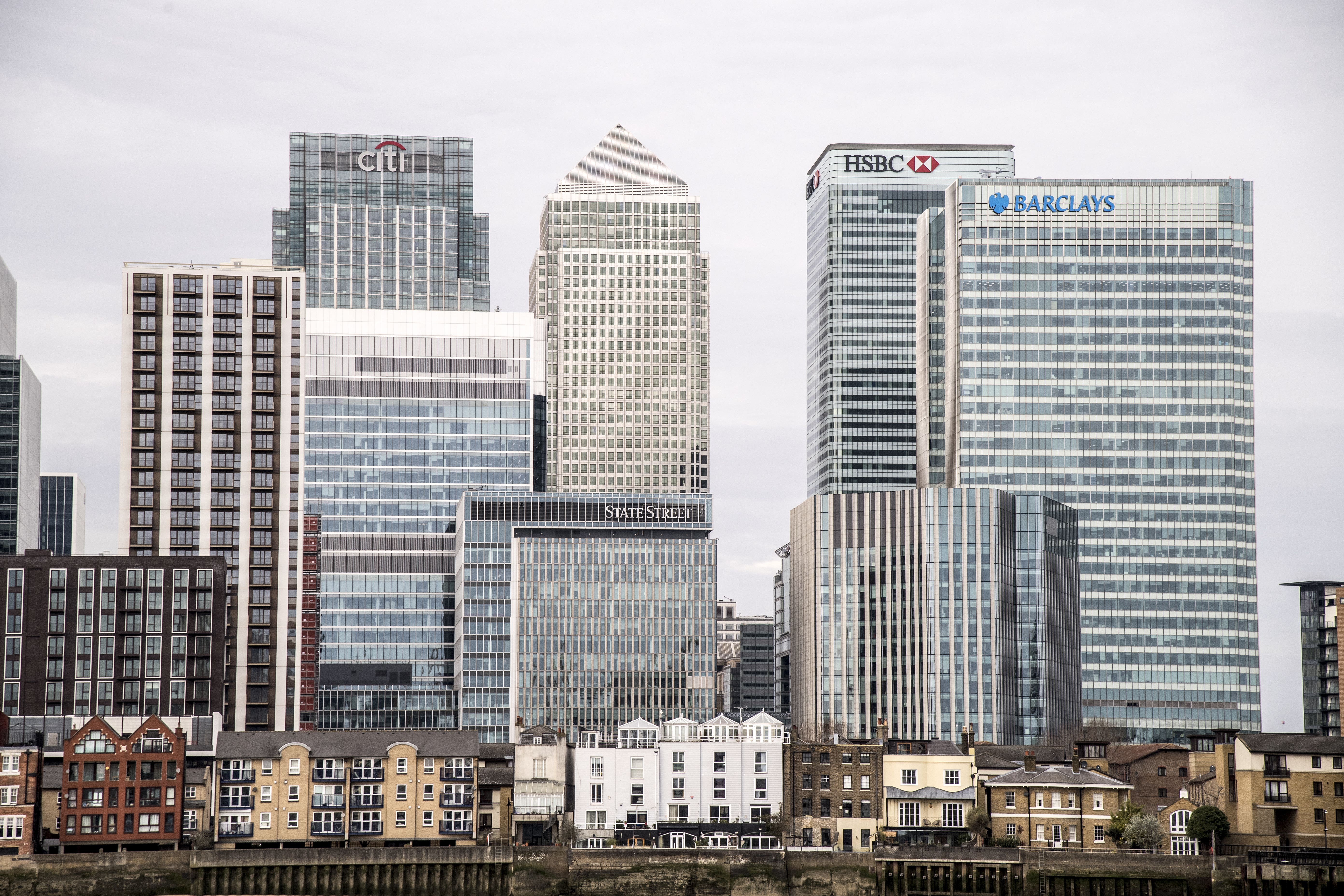FTSE fell faster in past three weeks than at start of financial crisis
Fears of a banking crisis have seen the FTSE 100 tumble 8% in just 21 days.

Your support helps us to tell the story
From reproductive rights to climate change to Big Tech, The Independent is on the ground when the story is developing. Whether it's investigating the financials of Elon Musk's pro-Trump PAC or producing our latest documentary, 'The A Word', which shines a light on the American women fighting for reproductive rights, we know how important it is to parse out the facts from the messaging.
At such a critical moment in US history, we need reporters on the ground. Your donation allows us to keep sending journalists to speak to both sides of the story.
The Independent is trusted by Americans across the entire political spectrum. And unlike many other quality news outlets, we choose not to lock Americans out of our reporting and analysis with paywalls. We believe quality journalism should be available to everyone, paid for by those who can afford it.
Your support makes all the difference.London’s FTSE 100 has fallen faster in the recent stock market rout than it did at the start of the financial crisis, according to research.
The blue chip share index has tumbled 8% in just 21 days in a run of hefty falls since reaching a record closing high above 8,000 on February 16, with fears of a banking crisis sending stock markets globally tumbling into the red.
This is worse than the market crash seen at the start of the financial crisis, between 2007 and 2009, when the FTSE 100 fell 6% in the same time, according to analysis by personal finance comparison site Finder.com.
The top tier’s steep fall from its record-breaking high comes amid worldwide market turmoil sparked by fears over a banking crisis following the collapse of Silicon Valley Bank earlier this month.
Last week, as fears of contagion across the bank sector mounted, the FTSE 100 suffered its worst day of trading since the start of the Covid-19 pandemic, falling 3.8% in one day and joining indices in the US, Europe and Asia in suffering sharp falls.
Banking shares were the hardest hit as Swiss lending giant Credit Suisse was taken over by rival UBS in a historic rescue deal, ramping up worries that the crisis was spreading.
Markets and bank shares have since regained their poise, with the FTSE seeing gains in more recent days.
But the top flight of shares has not recovered ground lost in the turbulence, remaining more than 400 points lower than the record closing high notched up last month.
Despite the sharp falls seen in just three weeks, Finder.com’s analysis shows the current run of falls still pales in comparison with the overall declines seen in the financial crisis, when the market dropped 47% at its low point after 350 days of trading since the start of the crash.
The current market dip is also less deep than the five worst crashes in the last 50 years.
If the banking industry suffers further from high interest rate exposure, the FTSE 100 could fall significantly more
The worst crash was the financial crisis in 2008, followed by the dotcom bubble, the 2015-2016 sell-off, the Covid crash, and Black Monday in 1987.
The last two crashes were particularly acute, with the FTSE 100 falling by more than 9% after only nine days in 1987 and by 30% over 20 days in 2020 when the pandemic began.
Danny Butler, at Finder.com, warned that markets are set to remain volatile and unpredictable.
“If the banking industry suffers further from high interest rate exposure, the FTSE 100 could fall significantly more,” he said.
“On the other hand, it could bounce back quite quickly if current measures are enough to avoid a banking domino – there is just no way of accurately predicting it.”